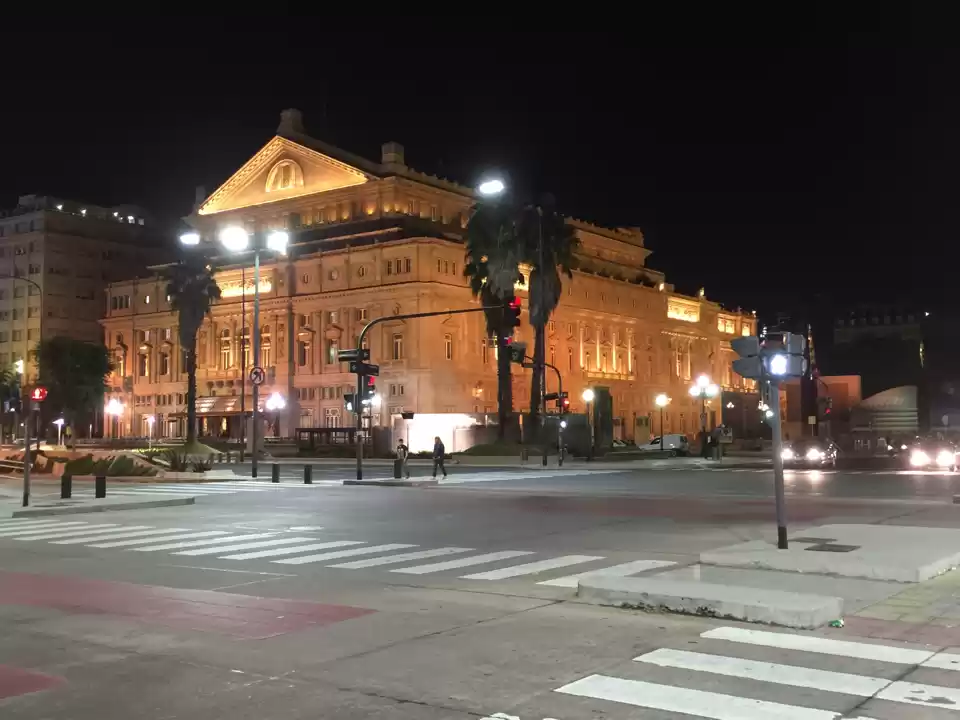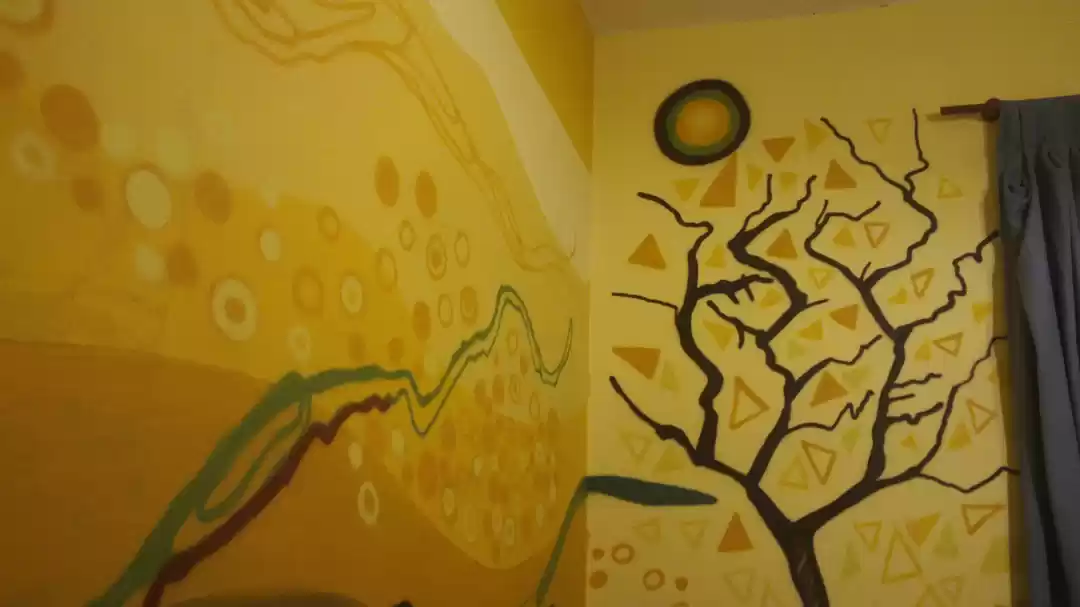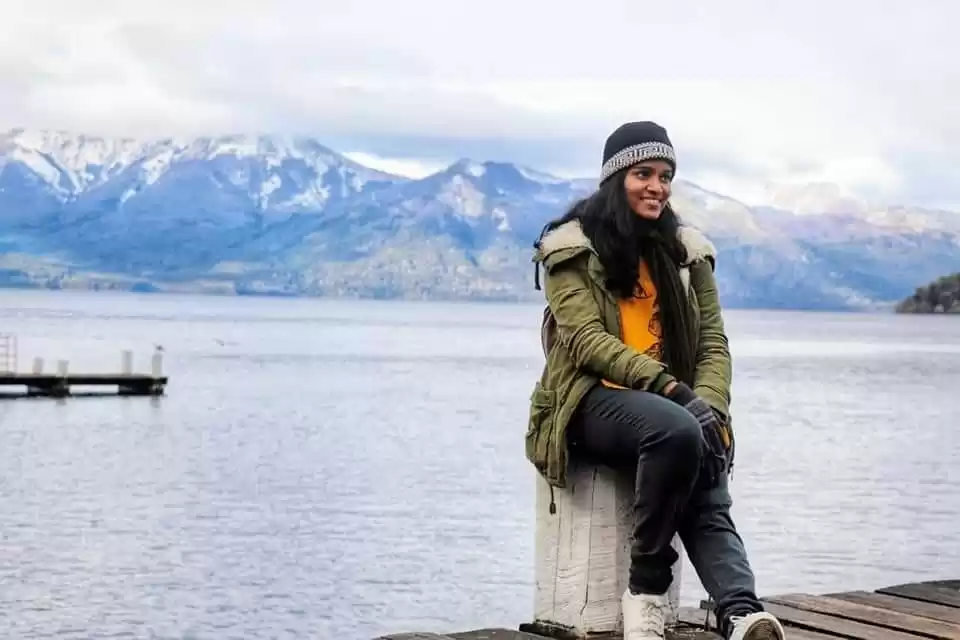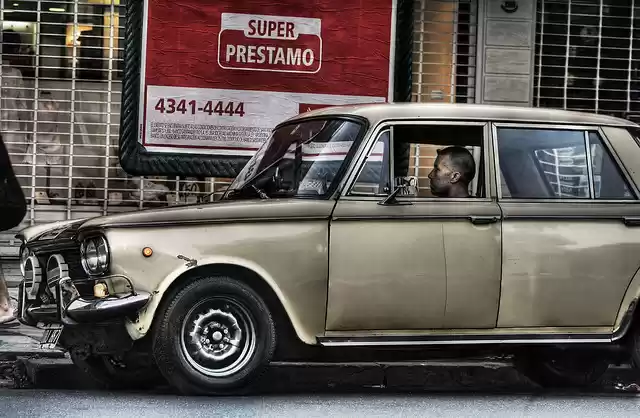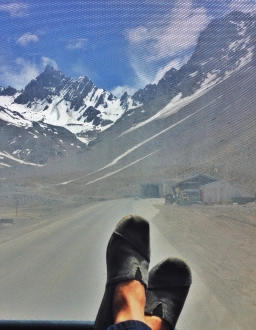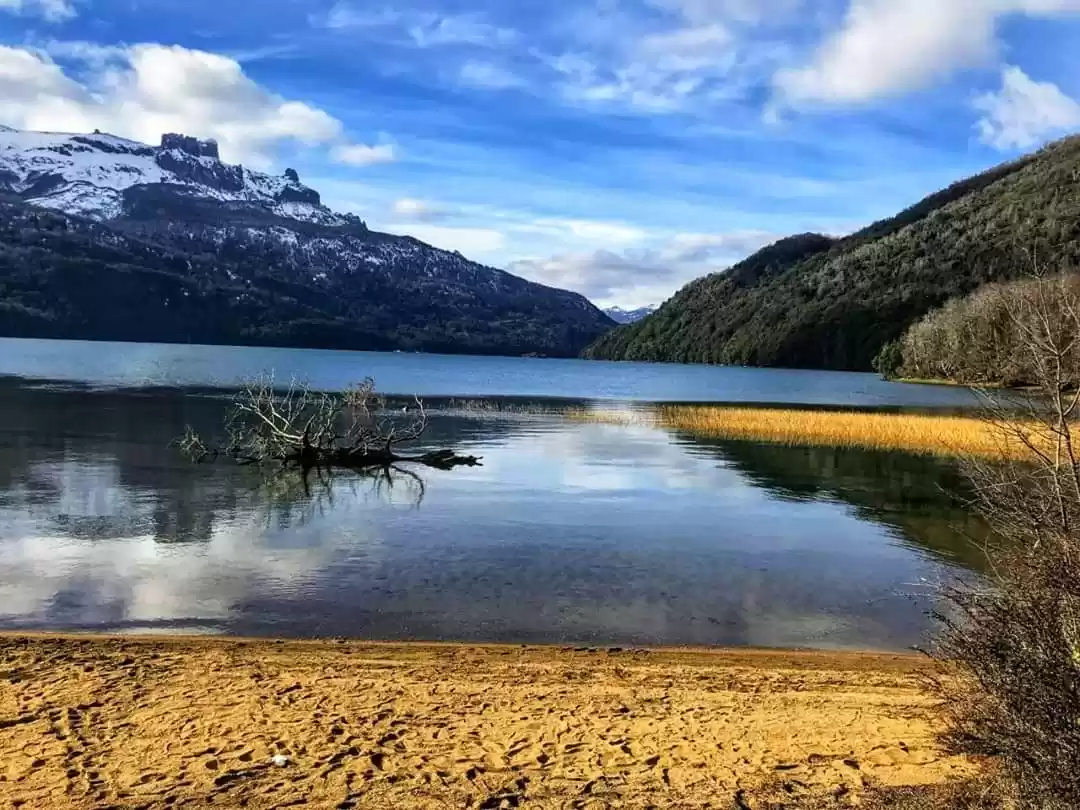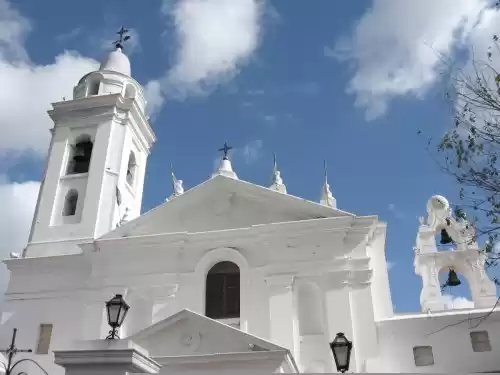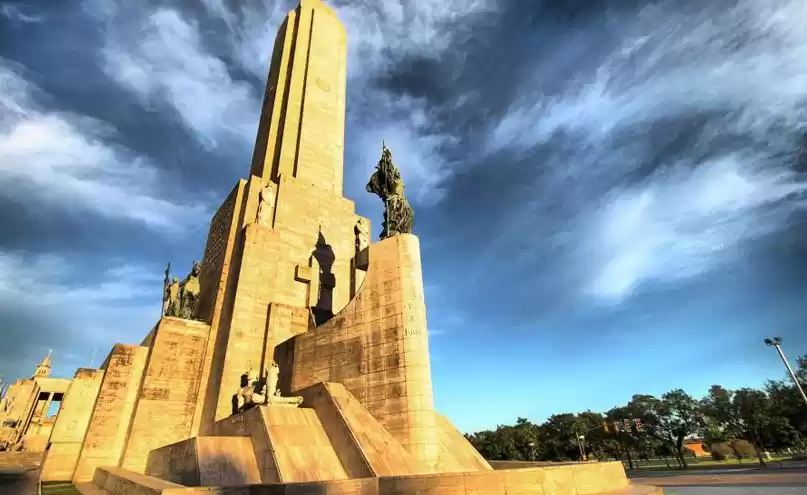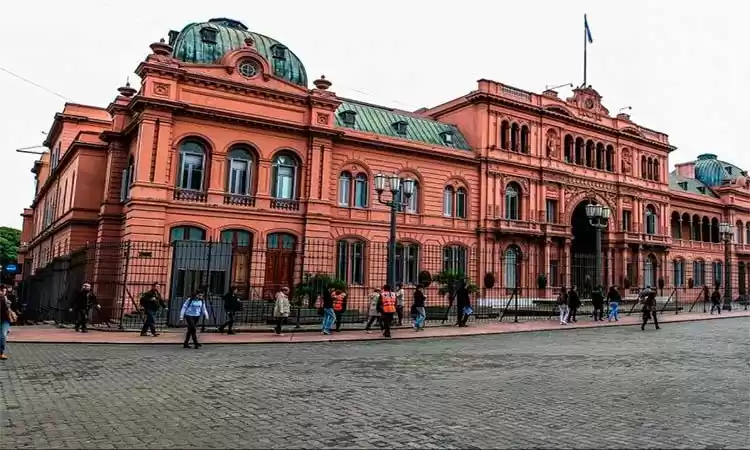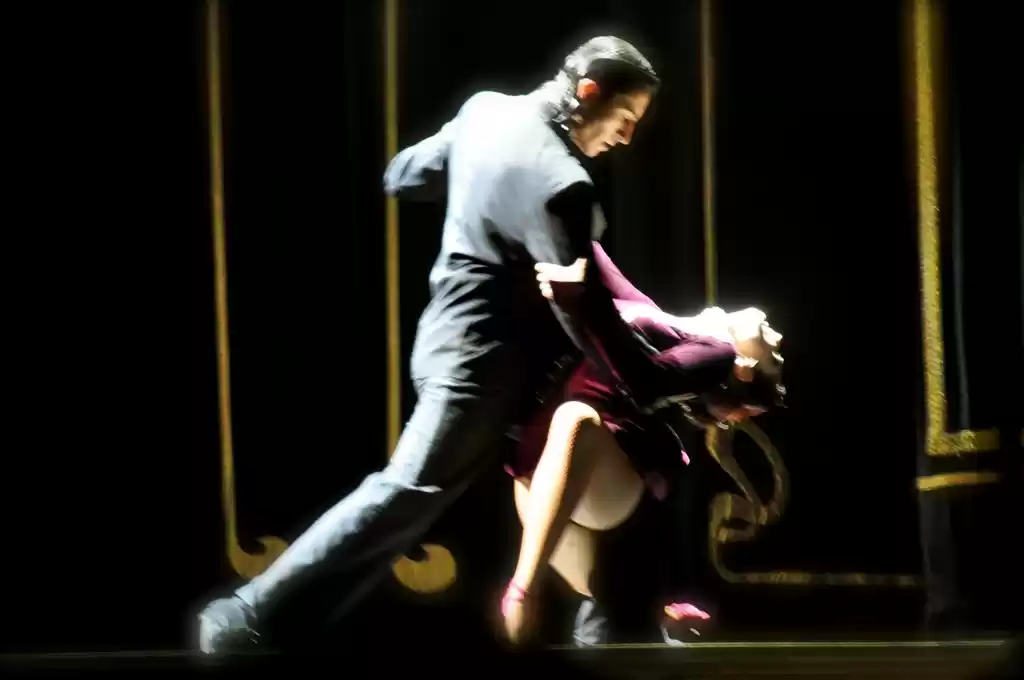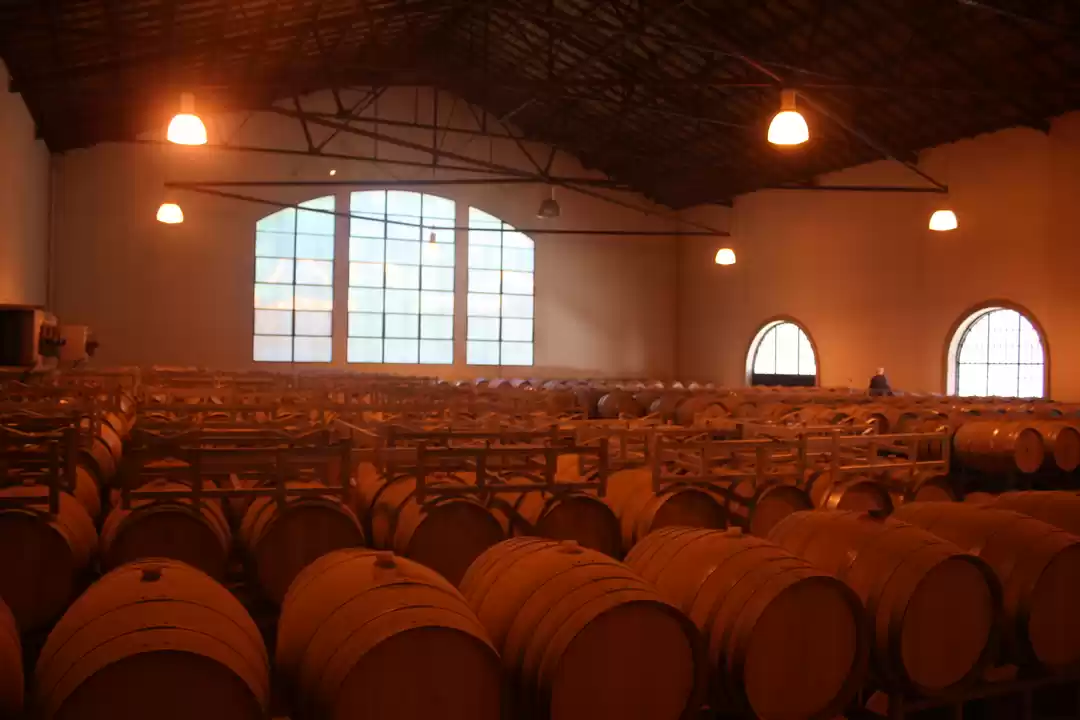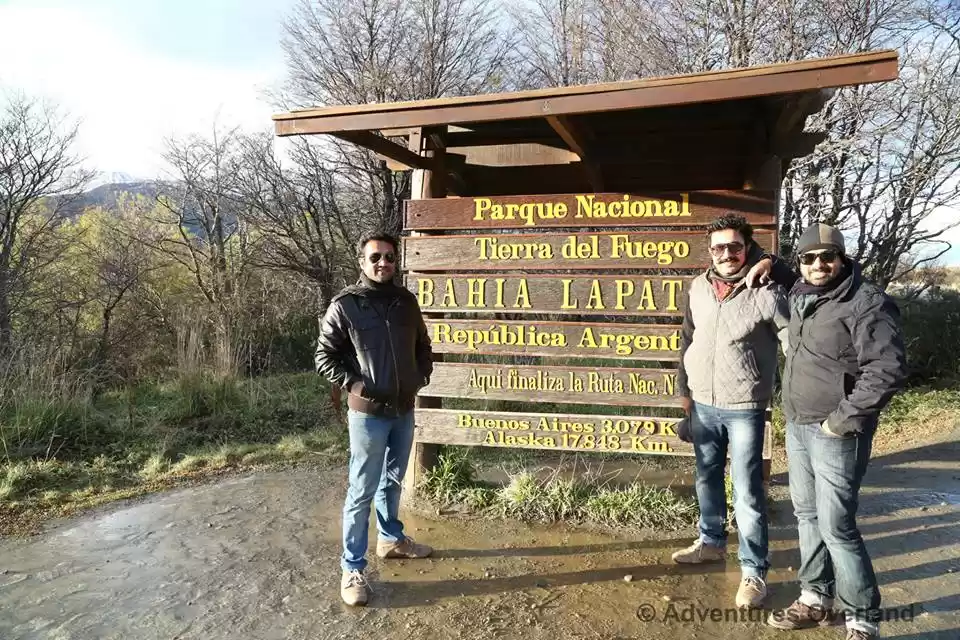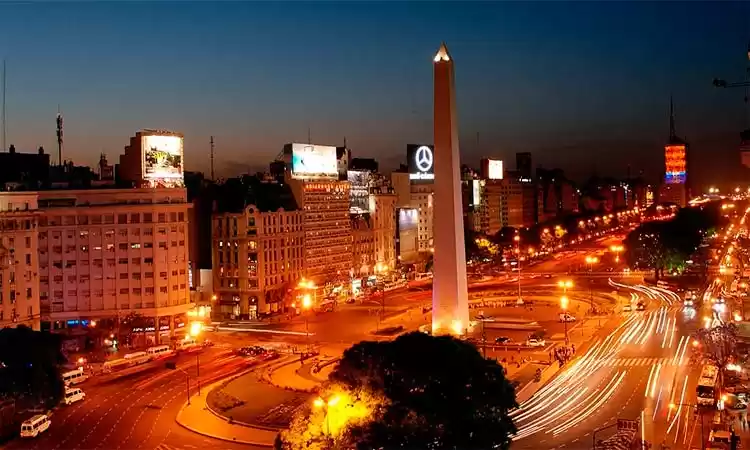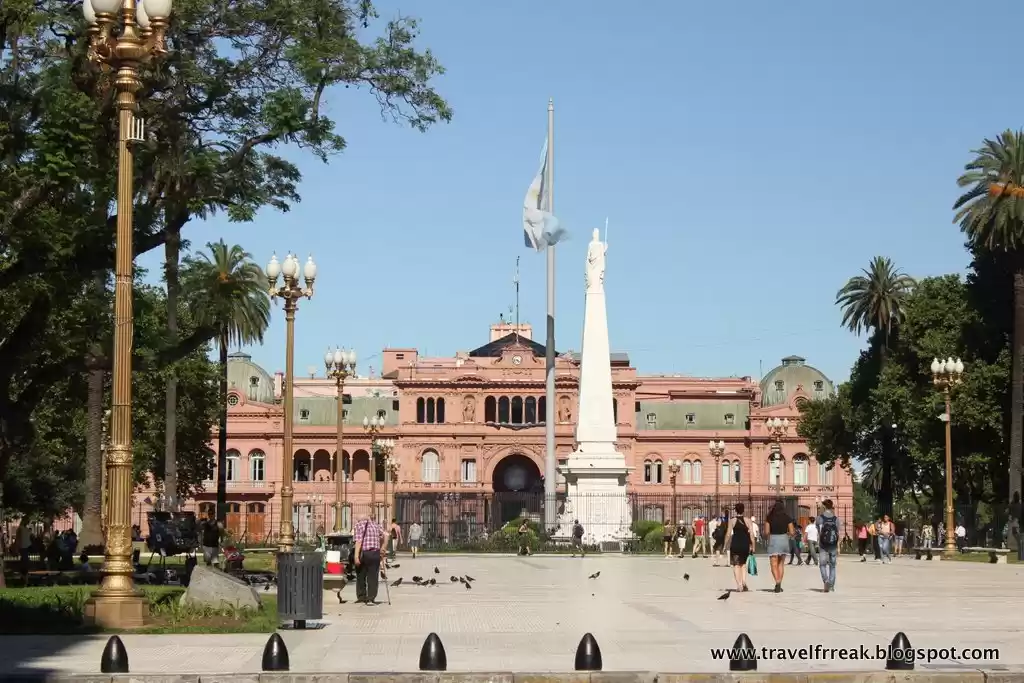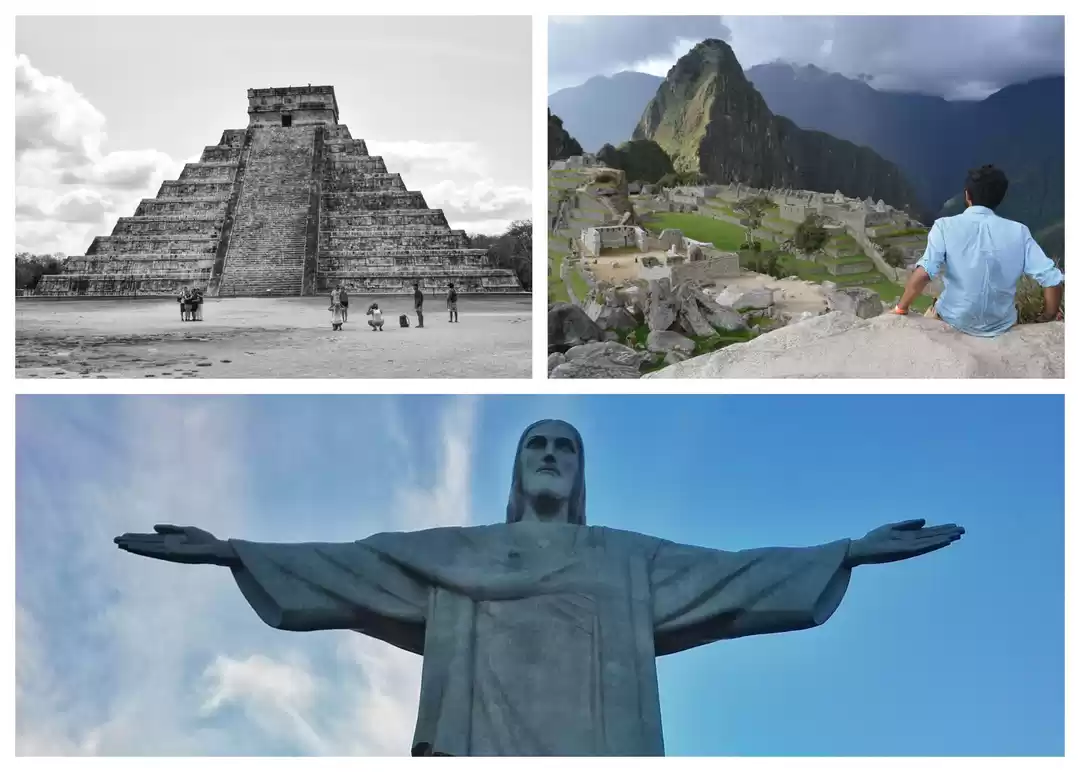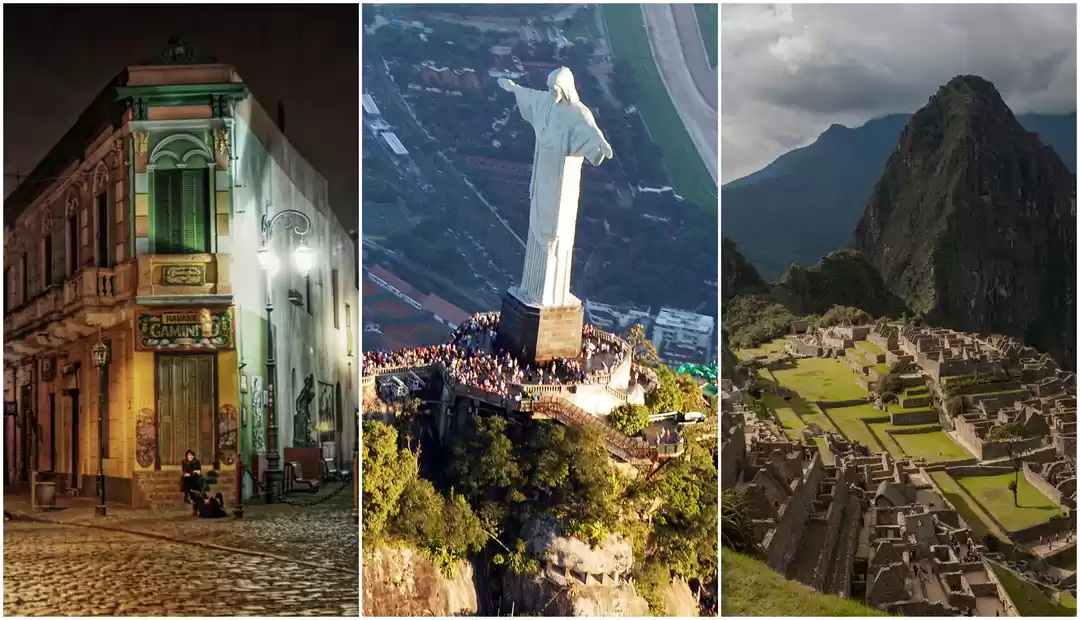


When I moved to Argentina, there was much I had to learn not only about the country and the Latin American region, but also myself. At the romantic, idealistic age of twenty-two, I bought my one-way ticket to Buenos Aires. I was prepared to volunteer teaching English, finish the novel I’d started the year before, become fluent in Spanish, and shed the “American” skin I was born into.

Sure, I had skimmed through a few books on Argentina. Aside from fantasies of learning the tango a la Gardel, visiting Eva Peron’s grave, strolling down the colorful alleyways of El Caminito de La Boca, soaking in the nostalgia for Maradona’s heyday, I really didn’t know much. Maybe I just wanted to adopt a new identity within a big city, recreate myself within South America’s Paris.

Ironically enough, that is just what happened, but not in the magical, without-a-hiccup, insta-transformative way I’d imagined. Within weeks of being in Buenos Aires, I dumped my volunteer position (which was actually a pathetically disguised “travel company” used to fund the owner’s personal travels), and decided to do Buenos Aires my own way. This meant taking Jorge Luis Borges classes, getting lost in most neighborhoods, weekly conversations with a language partner, eating an unimaginable amount of alfajores and empanadas, and, of course, partying it up in the boliches at least four nights a week, learning the Salsa, Cumbia, and awkward Argentinean affinity for the 80s.

Quickly, I made friends from all over the Spanish-speaking world: Colombia, Ecuador, El Salvador, Peru, Spain, and, of course, Argentina. I surrounded myself with these beautiful souls, struggling to understand their differing accents, learning all sorts of slang, and which countries it’s okay to use “coger” as “to take” instead of “to fuck” and “acabar” as “to finish” instead of “to cum.” I went to bed each night with phrases, words, and questions about the Spanish language whirling in a mind like a deranged roller coaster. I wanted nothing more than to speak like a native- any native. At this point, I just wanted to speak, understand and write like an educated person from any fucking Spanish-speaking country. This yearning was so deep that it brought me to gut-wrenching sobs more than I’d like to admit.

I took refuge in the pages of my journal, scribbling poems, stories, sketches, and reflections written in depth- as much as I could- in my imperfect Spanish. I never wanted anything so bad in my life; nor had I ever worked harder at something so seemingly unobtainable. Perfection lingered over my head, taunting me, promising me that in just a few weeks, months, maybe years (?), it would happen. I made a habit of reading the English-Spanish dictionary every morning and night (okay, every afternoon when I awoke and every early morning when I finally went to bed), and maniacally posting this words all over my room. My two roommates, with whom I’d become good friends to this day- one from Quito, Ecuador and the other from Los Angeles, CA- must have thought I was crazy. I didn’t care.
Generally, I kept the friends I’d made in Argentina from the U.S. at a distance. I didn’t want to speak English; that was not the dream, not the goal.
Continuing on this path, I discovered so much about the world that I’d otherwise never have realized. Sure, the Argentine peso was worth 1/3 of the American dollar, which was great for me, but what did it mean to the Argentinos? Walking the streets of Nuevo Palermo, I witnessed middle-school-aged kids tucked away on the stairs of the subte (subway), huffing paint out of paper bags, their mouths stained grey, their eyes distant, glazed. When I began exploring the country, I realized that, the farther I traveled out of Buenos Aires, the darker the pigment of the skin. This was especially true of Northern Argentina. Was it coincidental that Buenos Aires was so, well, white?

Conversations with my Latin American friends perpetually flashed light bulbs in my tiny, naïve brain. I learned of Los Deseparecidos, of Menem, of corruption, of genocides, of exploitation, trafficking, and people being played with and then tossed out like an old, deflated soccer ball. I couldn’t wrap my mind around the lack of resources and autonomy, and the surmounting poverty, people lived with on a daily basis. Especially when I started traveling into poorer countries, I was smacked in the face with the reality of inequality. This was all the shit that was swept under the rugs of my high school classrooms. I never realized how politics actually impacted people. I felt like an idiot, and rightfully so.
From that point on, I shifted my focus from fiction to history and non-fiction. I reanalyzed my place and purpose on this earth, the opportunities I’d been given dawning on me like anvils. While I continued working on my novel, which took place in the U.S. and Mexico, I wrote from a deeper place. My time living in Buenos Aires was not just a fling with Latin America.This was merely the beginning of a heavily-rooted obsession with Spanish, Latin America, politics, political art, and supporter of human rights.

Nearly eight months after first setting foot on South American soul, I left a different person. I’d seen and learned more in that time than I had while getting my Bachelor’s at UCLA. I spoke Spanish fluently. I left with such sorrow, I couldn’t suppress the tears on the last leg of my flight back to my homeland, from San Salvador, El Salvador, to San Francisco, CA. And while I returned to work (for a much larger wage in the U.S.), I was miserable. I hated my native culture. No one got how much I had seen or changed, and all my friends and family were exactly the same.
It wouldn’t be too long, however, until I was off to Zihuatanejo, Mexico, chasing another crazy dream, unraveling cavernous layers of delusion…


